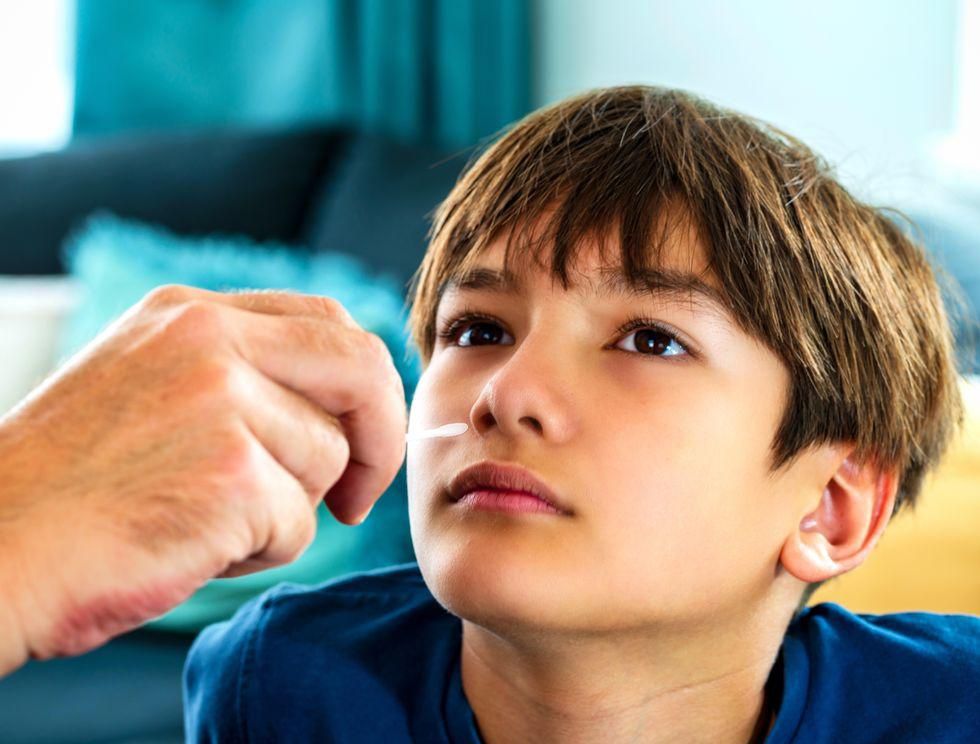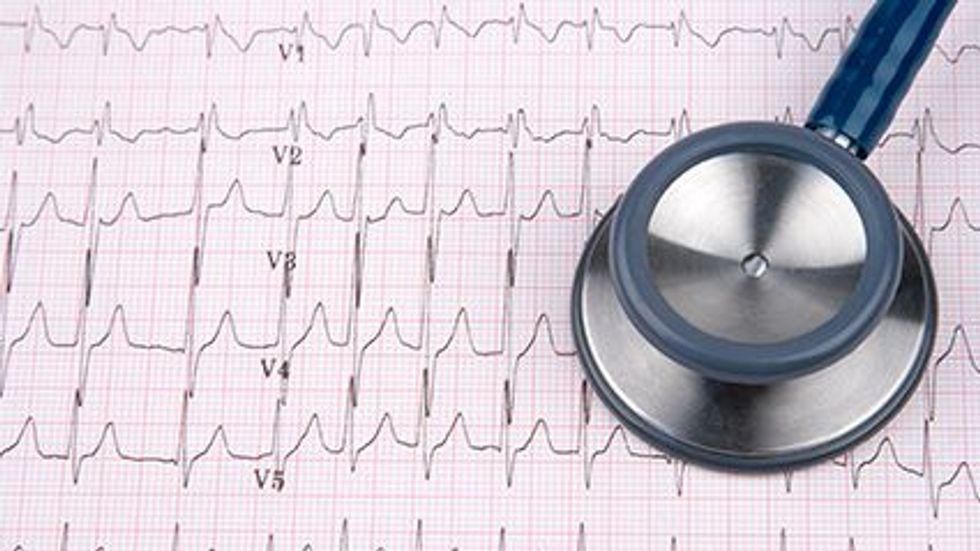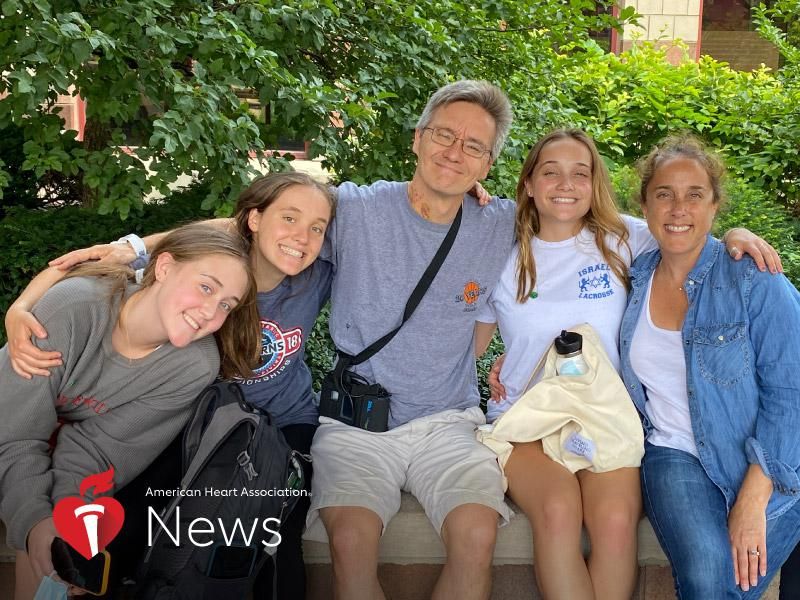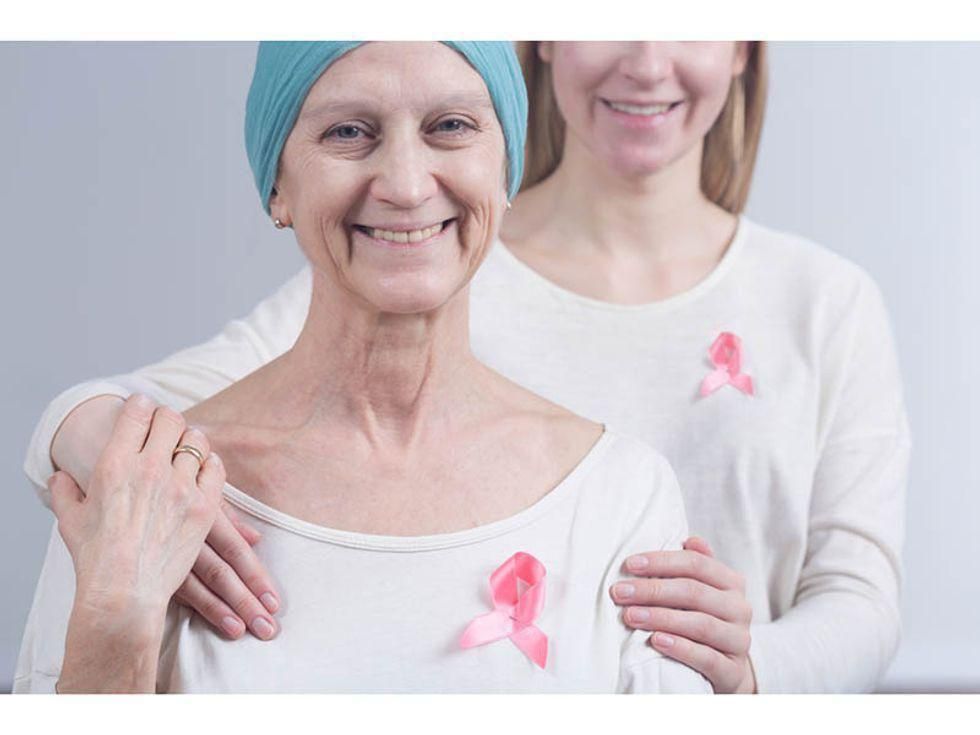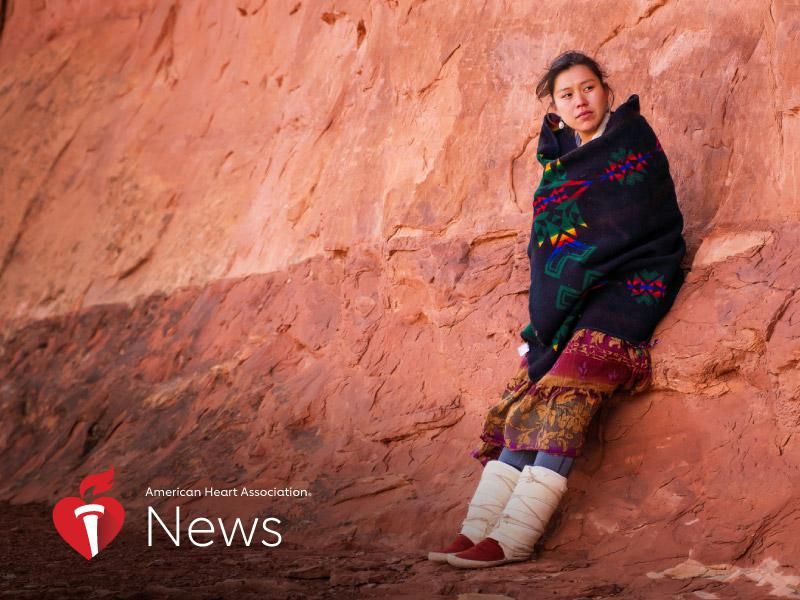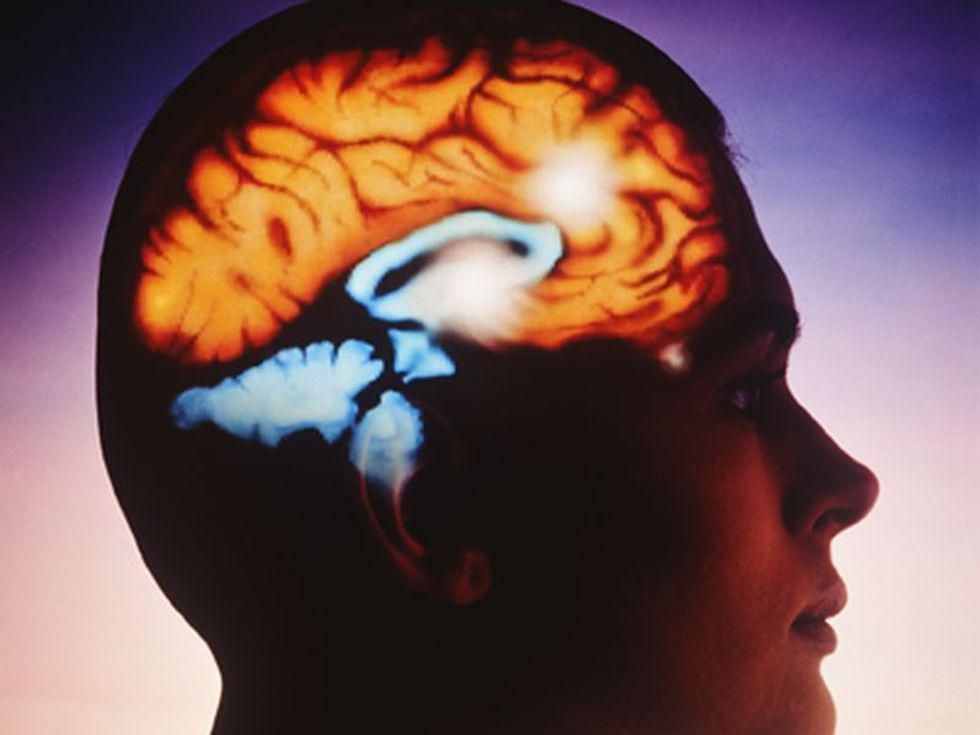
COVID-19 vaccines are safe and effective for most cancer patients, a new study confirms. Cancer patients have an increased risk of severe illness and death from COVID because their immune systems have been weakened by their disease or treatments. “We pursued this study because there were limited data on the safety of SARS-CoV-2 vaccines in… read on > read on >










